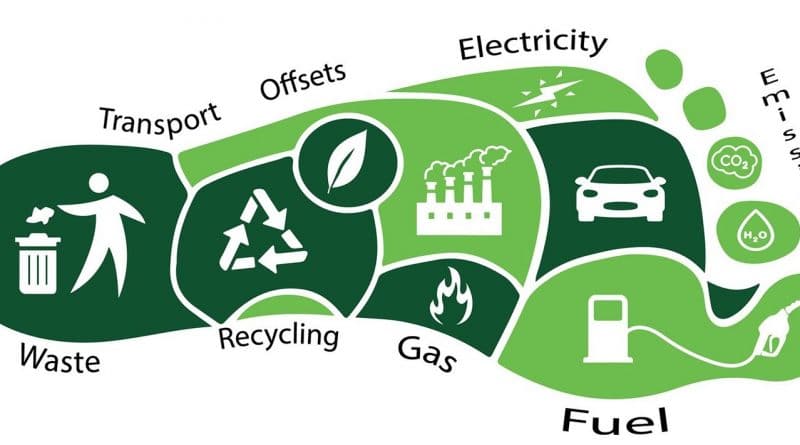Reducing your Carbon Footprint
What is a carbon footprint and what can be done to reduce your carbon footprint?
What is ‘carbon’?
While carbon is an element, any discussion around carbon footprint refers to one particular compound: carbon dioxide, or CO2. Carbon dioxide is released when fossil fuels are burnt, like petrol in a car, or the gas in an oven, for instance.
The problem is that carbon dioxide is a greenhouse gas — as it builds up in the Earth’s atmosphere it traps sunlight being reflected back out into space, heating up the planet. This is what people refer to when they say ‘global warming’, and the potentially harmful effects of a hotter planet.
That’s why the UK, along with countries across the world, has agreed targets to reduce carbon emissions and slow the rate of global warming. The current targets are to achieve “net zero” carbon emissions by 2050. This means any emissions should be offset by carbon reduction schemes such as planting trees or using carbon capture and storage.
What is carbon neutral?
Carbon neutral is a term used to describe the action of organisations, businesses and individuals taking action to remove as much carbon dioxide from the atmosphere as each put in to it. The overall goal of carbon neutrality is to achieve a zero carbon footprint.
What is a carbon footprint?
Your carbon footprint is your individual total carbon emissions, or how much extra carbon you put into the atmosphere through your actions, choices and lifestyle. Many factors contribute to your carbon footprint, from the transport you use to the food you eat, so quantifying it can be difficult at best, impossible at worst.
There are some common tips and tricks that can help you make a quick and lasting dent – in the home
- Step one is to ensure you’re not wasting energy unnecessarily by taking simple steps to insulate your home.
- You should also consider looking at an online guide for energy saving tools and gadgets for heating your home e.g. uswitch.com
- Consider switching to a ‘renewable energy plan’. Although not always the cheapest deals on the market, they do guarantee a certain amount of your energy is produced using sustainable methods.




